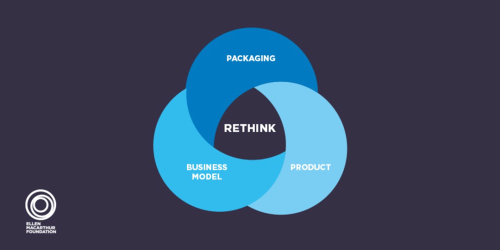Silencio
I have been a silent activist for a long time now. For a decade, “a better future” has become something I have dedicated most of my professional and personal life to, but in 2016, after the US elections produced such a (back-then unfathomable) grotesque shitshow on top of the rise of far-right powers in the “Western hemisphere” as well as around the world, I needed to take some time to deeply reexamine everything I had been doing up until this point.
It’s two steps forward and one step backward, I know. But this was different. It felt like an epic failure, but not the kind that happens to startups before they “pivot” to a new value proposition, but a more fundamental one. Something in the operating system is wrong, and questioning everything literally made me speechless. How could I continue to write or speak publicly, if I was questioning the basis of my world views?
I needed to take a personal step back to put on my own oxygen mask first.
Three years later
As I am writing this, there are only three months to go until 2020 - a number that has long embodied the abstract idea of “the future”. While we are still living in a far-right, xenophobic, emotions-beat-empiricism, post-privacy, ex-internet-idealist world, the pendulum has swung back ever so slightly, with a resurgent climate movement that seems to be making the mainstream cultural impact we hoped for in 2014 and 2015.
After hundreds of conversations with activists and people from all walks of life, I am starting to regain my activist voice. I have a new awareness of the mistakes I’ve made - personally and within the organizations/actions I contributed to. As a result, I am very concerned with a radically-honest conversation on the effectiveness of our activism and how we measure progress/success, especially in the face of the ticking clock of the climate emergency.
Today, I have made adjustments to my personal theory of change and I have become more discerning of whom I lend my support to (in parts also due to more time constraints). While a part of me still holds uncertainty over what is happening in the world, the past weeks have also rekindled a hope inside me: I see a climate movement that has not only brought divestment and carbon pricing into the mainstream public debate, but that it is bringing together groups that had not shared much in common or worked together previously.
Unexpected Places
One of the most surprising places for hope, on top of the social entrepreneurs I work with, Extinction Rebellion’s strategic escalation towards “above the ground” non-violent civil disobedience or the youth-led “Fridays for Future” climate strikes, is that even an institution like the Financial Times, ardent believer in free enterprise capitalism, understands that “the principles of good business are necessary but not sufficient”, with their editor writing “It is time for a reset”.
Time will tell if their actions follow these words. Who even knows how many FT readers would agree with them. However, I think it shows that a cultural shift in mindest is on its way. The video they produced is somewhat reminiscent of “The Age of Stupid”, with one difference: It carries the logo and distribution power of a newspaper that is considered “the most important business read” by the worlds financial elite.
I think it’s time for me to start posting and writing again about what gives me hope. Thank you for reading.






